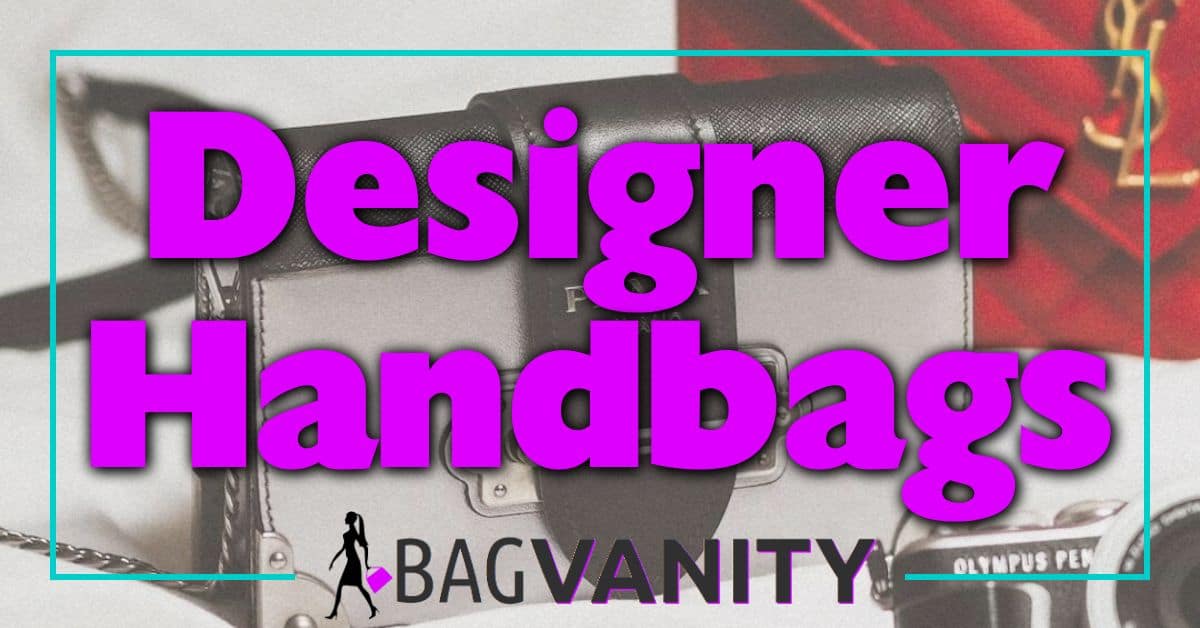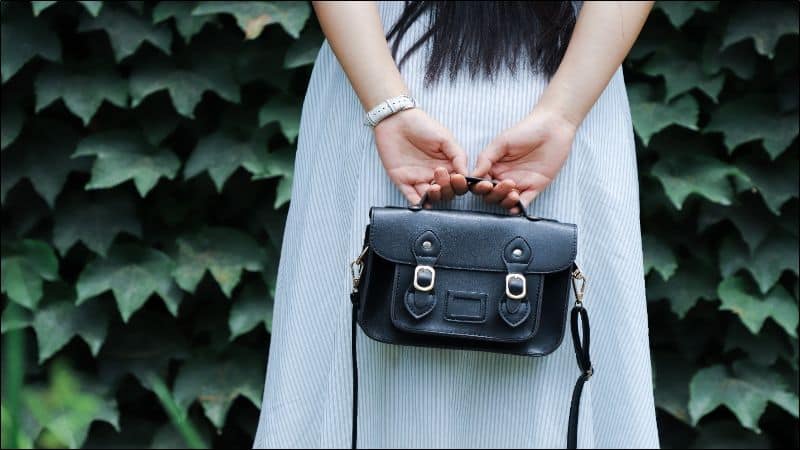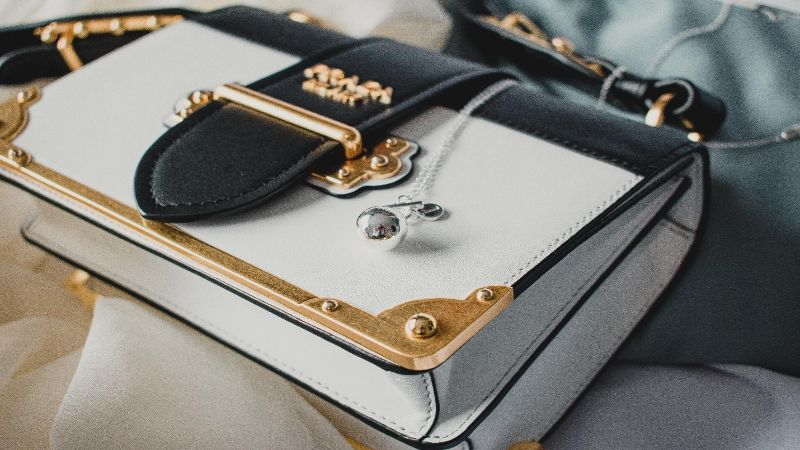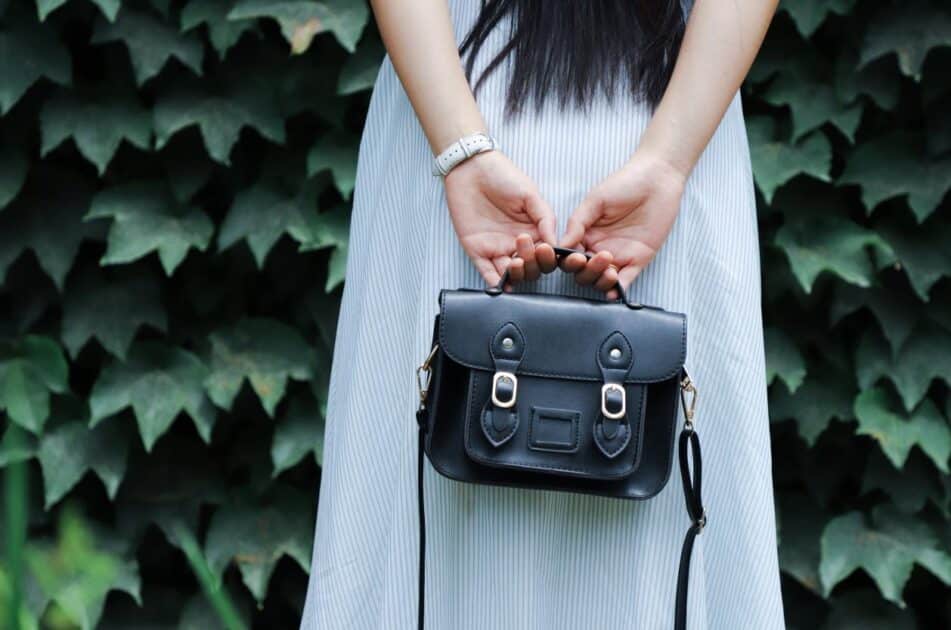You’ve been eyeing that designer handbag for weeks, haven’t you? It’s sleek, it’s chic, and it’s shouting your name. But then you glance at the price tag, and your heart skips a beat. Should you take the plunge?

Investing in an expensive handbag isn’t just about the brand; it’s a question of practicality, quality, and, let’s be honest, a little bit of that luxe feeling. But before you drop a small fortune, let’s talk about what’s really worth your hard-earned cash.
Weighing the pros and cons can be a style conundrum. So, let’s dive in and see if that gorgeous piece of arm candy is truly the investment of your dreams or a splurge that might haunt your wallet.
Pros of Buying an Expensive Handbag
When you’re eyeing that high-end handbag, you’re not just looking at a brand name, you’re investing in quality craftsmanship. Unlike mass-produced bags, luxury handbags are often handcrafted with meticulous attention to detail. This means reinforced stitching, premium materials, and durability that stands the test of time.
Think about the material. Expensive handbags typically employ high-grade leather that ages gracefully, developing a unique patina that cheaper materials can’t replicate. Your bag becomes a story of your adventures, an heirloom piece with its own narrative.
In the professional realm, appearances matter. A luxury handbag signals success and sophistication, potentially elevating how colleagues and clients perceive you. It’s not just a bag; it’s an extension of your professional image.
Here’s a thought you can’t dismiss – resale value. Unlike off-the-rack bags which lose their value faster than you can say “last season,” designer handbags from iconic brands retain or even increase in value over time. Think of it as an investment piece, a part of your financial strategy with the enjoyment of everyday use.
Intangible but invaluable, the confidence and joy a beautiful designer bag brings can’t be understated. It’s the luxury experience that captivates, the feel of the leather, the click of the clasp, that’s unparalleled by generic brands.
Lastly, think about this: a classic designer handbag rarely goes out of style. It defies trends and seasons, rendering itself a timeless accessory in your wardrobe. Whether you’re dressing up for a gala or donning casual chic for a brunch, your expensive handbag will be the versatile companion to many outfits.
- Quality and durability
- Material ages well
- Professional image
- Good resale value
- Adds confidence
- Timeless style
Cons of Buying an Expensive Handbag
While there are certainly many upsides to investing in a luxury accessory, you shouldn’t overlook the potential drawbacks. One of the most obvious cons is the significant cost involved. For many, the price of designer bags can be a steep financial hurdle. It’s not just the upfront cost, but also the maintenance that can add up. Premium materials often require special care to maintain their appearance, leading to additional expenses down the line.
Moreover, the fear of damage or theft can’t be ignored. When you carry something as valuable as a designer bag, the risk of it getting scratched, stained, or worse, stolen, is a constant worry. This can detract from the enjoyment you’re meant to feel and instead adds a layer of anxiety whenever you use the item.
The luxury market is also prone to fickleness. Today’s coveted bag might not enjoy the same limelight a few seasons down the road. This touches upon another con – the pressure to keep up with trends. If you’re someone who likes to stay on top of fashion, an expensive handbag might lose its appeal quicker than you’d expect, leading to an expensive cycle of buying and selling.
Lastly, consider the opportunity cost. The money spent on a single luxury item could be used for several other purposes – whether it’s adding to your savings, investing, or purchasing multiple items of a lesser cost that provide greater versatility. You must ask yourself if the investment aligns with your financial goals and wardrobe needs.
While an expensive handbag can be a joy to own, remember to factor in these aspects before making your decision. They represent the other side of the coin and deserve your attention just as much as the enchanting allure of a high-end accessory.
Factors to Consider Before Buying
When mulling over that designer handbag purchase, start by assessing your financial health. Designer bags are not just accessories; they’re investments. Ensure your bills and savings aren’t compromised for fashion’s sake. Ask yourself:
- Can I afford this without stretching my budget too thin?
- What’s the resale value of this handbag?
- Is it a classic design that won’t go out of style quickly?
Material and durability are crucial. Opt for high-quality leather or vegan alternatives that withstand daily use and maintain their appearance over time. Research is key here—some materials may be more prone to wear and tear.
The size and functionality should align with your lifestyle. If you’re always on the go, consider a handbag that fits all your essentials comfortably. Look for:
- Multiple compartments
- Sturdy zippers
- Practical straps
Brand reputation also matters. Established luxury brands often ensure a higher standard of customer service and warranty offers. After-sales support can be invaluable if you encounter issues with your purchase.
Consider the handbag’s versatility. Will it match the majority of your wardrobe? Does it suit various occasions, from work to casual outings? You don’t want a high-priced item collecting dust in your closet.
« Parts of Ladies Handbags: Uncover Essential Compartments & Linings
Can You Take a Handbag on Jet2? Unpacking the Must-Know Tips »
Lastly, think about the environmental impact of your purchase. Sustainable fashion is gaining momentum, and your choice can support ethical practices:
- Choose brands with a commitment to sustainability
- Look for eco-friendly materials and ethical manufacturing processes
Remember, a luxury handbag should enhance your life, not complicate it. Carefully deliberate over these factors to determine if that high-end handbag is truly meant for your arm.
Assessing the Quality of the Handbag
When you’re eyeing that high-priced designer bag, the quality should match the investment. Start by examining the material of the handbag. Luxury bags are usually crafted from top-tier leather like full-grain or top-grain which age gracefully. Check for a rich texture and uniform color. If it’s genuine leather, it should have a distinct, not chemical, smell.
Stitching is your next clue. It should be impeccable – even and straight with no loose threads. Inconsistencies in stitching suggest a lack of attention to detail that shouldn’t be present in a luxury item. High-quality bags often have stitches that are almost invisible, blending flawlessly with the design.
Inspect the hardware on the bag; it should feel heavy and sturdy. Zippers, clasps, and locks must operate smoothly. Designer bags often have branded hardware that adds to their authenticity and visual appeal.
Don’t overlook the lining. It should be high-grade fabric or leather, seamless and without any blemishes. If there’s a pattern, ensure it’s aligned and evenly spaced. The inner seams should be covered or stitched in a way that they won’t fray or come loose with use.
Pay attention to the handbag’s structure. It should stand upright and hold its shape whether it’s empty or full. Reinforced corners and a sturdy base are indicators of a well-made handbag designed to endure regular use. Remember, a bag that sags or becomes misshapen after light use is not indicative of good quality.
Finally, consider how the bag feels in your hands. The weight should be distributed evenly, and it shouldn’t be too heavy when empty – you’ll be carrying it around quite a bit. The handles or straps should feel comfortable and strong enough to withstand the weight of what you’ll typically carry.
Is it Worth the Investment?
When pondering the worth of an expensive handbag, the investment angle is key. Designer handbags often retain or increase in value over time. This isn’t just a purchase; it’s a financial decision. Unlike fast fashion items, a high-end handbag can be a lucrative asset if chosen wisely.
Consider the rarity and demand for the brand. Limited editions or bags from iconic collections may become sought-after collector’s items. Track the resale trends. Brands like Chanel and Hermès generally have robust secondary markets. If you’re leaning towards a bag with a notable history or from a prestigious brand, you might have a winner.
Material quality is integral to longevity. Full-grain leather and high-end hardware not only endure but may develop a unique patina that adds character. A well-maintained luxury handbag can last decades.
Beyond the tangibles, there’s the intangible value of joy and confidence. Don’t underestimate the personal satisfaction that comes from owning an item that speaks to your taste and esthetics. If it feels right and excites you, it’s worth considering.
Remember to gauge the practicality against the price. An incredibly expensive handbag that doesn’t suit your lifestyle serves no purpose. Reflect on your daily routine and social engagements. If the handbag fits into these seamlessly, it might justify the investment.
Expensive handbags aren’t just about appearances—they’re about making strategic choices that align with your financial goals, personal style, and practical needs. Evaluate your options carefully. If the handbag ticks all the boxes and you see it as an investment piece, it could be a smart financial move in the long run.
Conclusion
So you’ve mulled over the practicalities and the sparkle of a new designer handbag. Remember, it’s not just a purchase; it’s an investment in your style and potentially your wallet if you ever decide to resell. Trust your gut when it comes to what makes you happy and what fits into your life seamlessly. If all the boxes are checked—financial stability, lasting appeal, and joy—then why not? Treat yourself to that luxurious accessory that you’ve had your eye on. After all, the right handbag can be a loyal companion for years to come.
Frequently Asked Questions
What should I consider financially before buying a designer handbag?
Consider your current financial health, ensuring the purchase doesn’t impact your savings or debt status negatively. Factor in the potential resale value as an investment aspect.
How important is the resale value of a designer handbag?
Resale value is significant, especially for high-demand brands and timeless pieces, as handbags can be investment items.
What makes a designer handbag timeless?
Timelessness is often determined by classic designs, popularity, and the brand’s historical significance, which maintains demand over the years.
Why does material quality matter in a designer handbag?
Material quality not only affects the durability and appearance of the handbag but also its long-term value and potential resale price.
Is the rarity of a designer handbag important?
Yes, rarity can enhance the value of a handbag due to the high demand from collectors and limited availability.
Should brand demand influence my purchase of a designer handbag?
Brand demand impacts resale value and the social worth of a handbag, so considering popular and respected brands can be advantageous.
How should practicality influence my choice of an expensive designer handbag?
Practicality ensures you can use your handbag to its full potential, fitting your lifestyle while providing satisfaction and value for money.
Why is personal satisfaction important when choosing a designer handbag?
Personal satisfaction is crucial because irrespective of the handbag’s financial value, it should bring you joy and complement your style.







